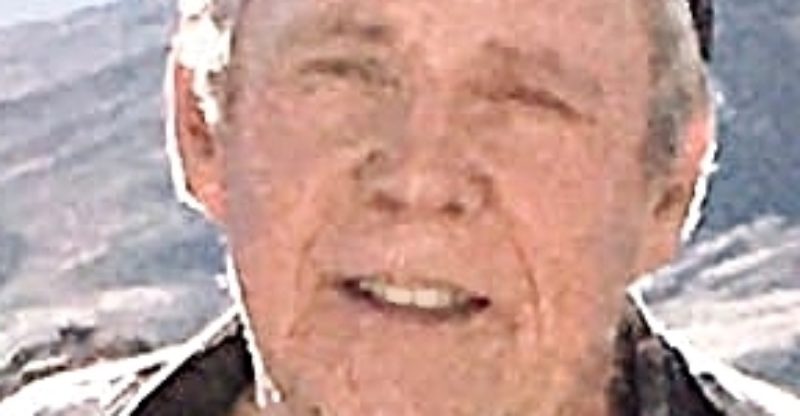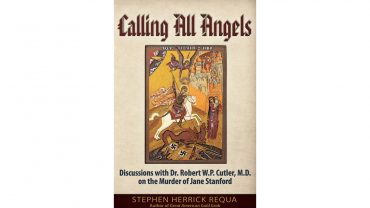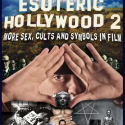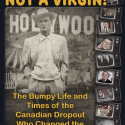The Journey 68. Michael Hayes: Vietnam (Drugs and Other Reasons)
Publisher RA “Kris” Millegan talks with Michael Hayes about his book, “what’s going on: A History of the Vietnam Era,” what Kris’s father said about the purposes of the war, the vets who told Mike that they are proud that they served (though they would not want to re-live it), and the divisions of the time, which are not unlike today’s.
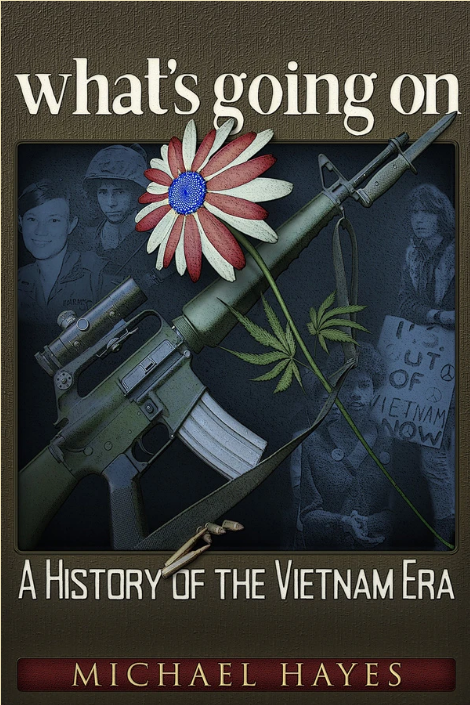
Mike: A couple of years ago I was speaking to a teacher who was about 35-years-old. I mentioned Vietnam and McNamara and Ho Chi Min, and she had no idea who these people were. So I thought my book would help [a whole new generation understand] what happened, why it’s important to know and what we can learn from it.
Kris: I thought the war was unconstitutional. I thought it was illegal. I felt if I was going to go, it would take a judge telling me that I had to go. But I didn’t go to my physical. I guess I was a fugitive for a little while. But the next year they started the lottery and I didn’t win that lottery. But I had friends who went in. One wrote me and said, “They’ve got me 24 hours and I really don’t trust my own mind.” What does the military do to you once you join up?
Mike: When I got out, I was bigoted for a while. Maybe 10 years. Against Asian people. And I didn’t realize why. Until I recollected that during basic training we used to sing songs about killing these people. I don’t even want to repeat some of the things that we said. But it was drilled into my mind that Asian people in general were inferior. Not even human.
I think the purpose was to make it easier for soldiers who were raised where it’s a sin to do harm to other human beings [to kill], so they brainwashed you into thinking that these were not human beings but were kind of like animals. I believed it for a long time. Then one day, I don’t know how or why, but years later I just snapped out of it and realized what had happened.
A lot of people back in the 60s realized this long before I did. A lot of them were political activists here in America. I interviewed and wrote about some of them, [people] who were trying to advance noble causes, civil rights, rights for women, rights for gay people. Also, for this book, I interviewed people who went to Vietnam and served there.
A lot of these guys are proud of their service. They didn’t like the experience. They wouldn’t want to go through it again. They still suffer. PTSD is prevalent. Agent Orange has taken a significant toll on the Vietnam veteran community. Some tried their best to be humane. The book gives a broad perspective of what was happening. It’s not unlike today. America is very divided on many issues and it was divided considerably during Vietnam. We’re not as different today as we might think.
Kris: My daddy told me that the Vietnam War was about drugs. They were targeting teens and pre-teens in the 1960s. You send ‘em to hell for one year. Not like World War Two when you went for the duration. This was a different kind of war. You knew after your deployment you got to go home.
My father, who was in the CIA, met with Lansdale in Vietnam in ’56 right after he had taken over the Golden Triangle [the CIA’s term for “…the area where the borders of Thailand, Laos, and Myanmar meet at the confluence of the Ruak and Mekong rivers. Most of the world’s heroin came from the Golden Triangle until the early 21st century when Afghanistan became the world’s largest producer.” -Wikipedia] and they had a picnic with North Vietnamese military leaders. (They told the world they were having a battle.)
A big part of it was to get American [and other] boys and girls hooked on the heroin and start a drug trade … so the generation wouldn’t cohere. Wouldn’t come together. Just be a “lost” generation to make our country weaker from a civics standpoint. In the peace movement you could go up till you got to the leaders who were generally spooks [intelligence operatives] who would also claim the mantle of communist and stuff like that. It was very much a controlled situation.
Their control isn’t as strong now. We have the personal computer, which allows me to be a publisher, and the internet, which allows us to spread this dissatisfaction we have with our leaders around.
Mike: [RE: BEING SENT TO SERVE FOR ONLY ONE YEAR] A lot of the guys I spoke to said that they fought pretty hard for the first six to nine months but for the last part of it they kept their heads down and didn’t want to get involved in any more combat because they just wanted to get out of there. Whereas the North Vietnamese or Vietcong, they were there till they either died or they won. So I think it was pretty clear for a long time, and I think my book demonstrates, that there was never really any true belief that we were going to win this thing. That it was serving other purposes.





